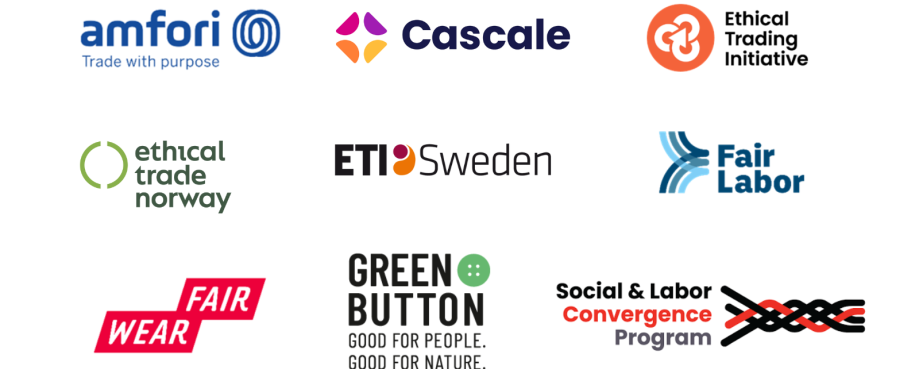
The Ethical Trading Initiative (ETI) has co-signed a new joint statement urging the European Union to ensure that the Omnibus Package strengthens – rather than weakens – corporate responsibility and human rights in global supply chains.
The statement, signed by Cascale, amfori, Ethical Trade Norway, Ethical Trade Sweden, Fair Labor Association, Fair Wear Foundation, Green Button, the Social & Labor Convergence Program (SLCP) and ETI, calls on EU policymakers to ensure that efforts to simplify the Corporate Sustainability Due Diligence Directive (CSDDD) and the Corporate Sustainability Reporting Directive (CSRD) remain firmly aligned with internationally recognised standards, including the UN Guiding Principles on Business and Human Rights, OECD Guidelines for Multinational Enterprises, and ILO Conventions.
What we are calling for
Specifically, the signatories urge EU policymakers to:
- Embed risk-based due diligence and reporting obligations so companies can focus on the most severe and likely risks to people and the environment, rather than using a one-size-fits-all approach.
- Enable collaboration across supply chains to collect necessary data for effective due diligence, avoiding rigid caps that could hinder transparency, responsible business practices, and meaningful engagement.
- Ensure legal certainty and policy stability, so that businesses can plan, invest, and act confidently with global partners.
Why this matters
At ETI, we know from more than 25 years of experience that human rights due diligence is most effective when it is risk-based, practical, and collaborative. Businesses need clarity and stability to act responsibly, but they also need the space to prioritise the most urgent risks facing workers and communities.
Simplification can reduce unnecessary complexity for companies, but it must not come at the expense of robust standards, international alignment, or Europe’s role in setting a strong global benchmark for responsible business conduct.
Risk-based due diligence enables companies to:
- Prioritise the most serious risks to people and the environment
- Build resilient supply chains that can withstand global shocks
- Contribute meaningfully to the EU’s social and climate goals
ETI’s perspective
As the leading alliance of businesses, trade unions and NGOs working together to advance human rights in global supply chains, ETI is committed to ensuring that legislation is both ambitious and practical.
That is why we stand alongside our partners in calling for the EU to deliver a framework that is risk-based, internationally aligned, and fit for purpose.
